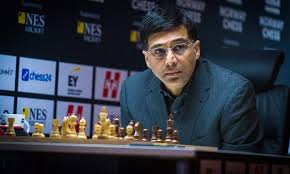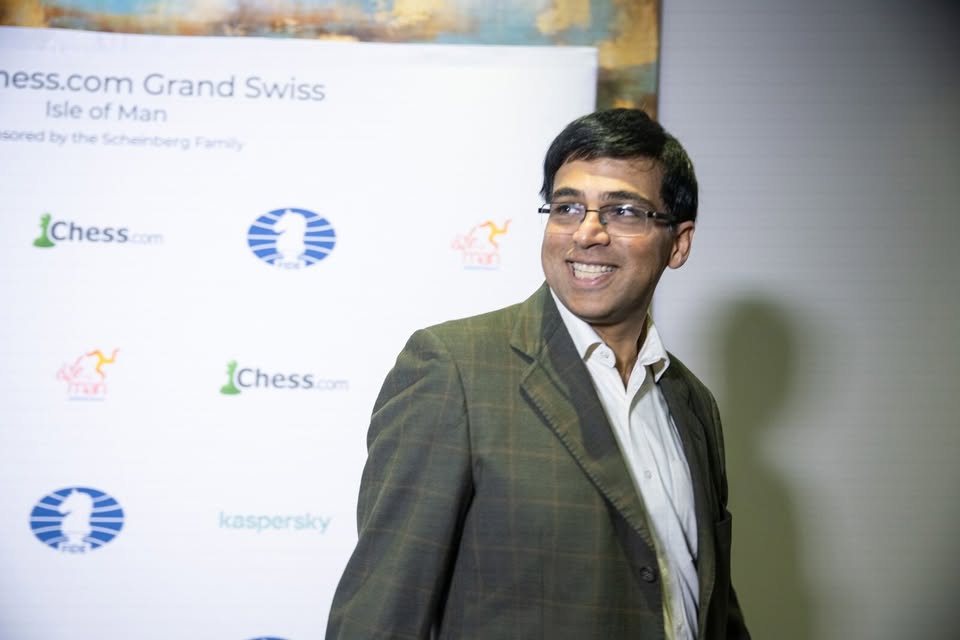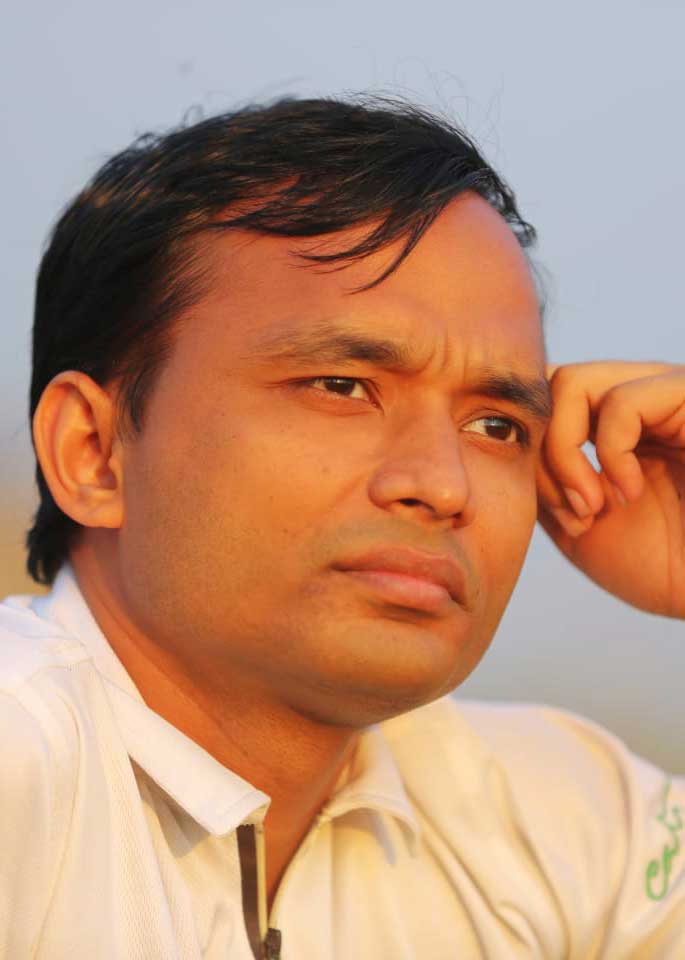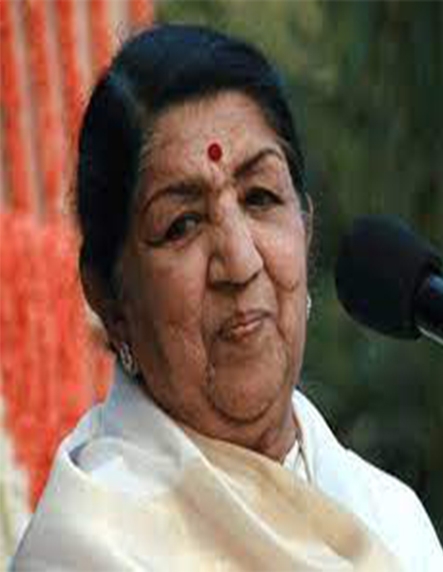Table of Contents
Viswanathan Anand: The Grandmaster Who Revolutionized Chess
Introduction
Explore the life of Viswanathan Anand—India’s first chess Grandmaster & World Champion. Learn his key games, awards, ‘Mind Master’ insights, and his enduring legacy. In a world where chess is often spoken of in reverent whispers, Viswanathan Anand stands as a towering figure—a trailblazer whose calm intensity, lightning-fast calculation, and profound sportsmanship elevated him from the streets of Chennai to the absolute pinnacle of world chess. Known to millions as “Vishy,” Anand was not just India’s first Grandmaster—he became the country’s first World Chess Champion, a multi-time titleholder, and an inspiration to countless aspiring players.
This article explores Anand’s remarkable life—from his earliest years, through his historic victories, to his lasting legacy—delivered through a blend of narrative, analysis, and SEO-rich content that will engage chess fans, industry followers, and curious readers alike.

: Collected Picture
Viswanathan Anand Early Life: From Chennai’s Chess Prodigy to Global Talent
Viswanathan Anand was born on December 11, 1969, in Chennai (then Madras), India. His childhood was steeped in warmth—a loving family supported his natural curiosity. His mother, Susheela, worked at the Reserve Bank of India, while his father, K. Viswanathan, was an income tax officer. Young Anand showed early flashes of brilliance not just academically, but also in strategic play.
His introduction to chess was almost accidental. Inspired by a men’s magazine borrowed by his older brother Murali, Anand took to the board at age six. He quickly mastered the knight’s fork, rook roll, and queen’s gambit, weaving his own narrative of creativity at the board. Observers noted his rapid understanding of patterns, positional play, and his capacity for surprise.
By age 15, Anand won the Indian Junior Championship. At 17, he claimed the World Junior Chess Championship in 1987—becoming a symbol of India’s ascent in global chess.
Key takeaways:
- Dates to remember: Born 1969; India Junior Champion mid-1980s; World Junior Champion in 1987.
- Unique skills: lightning calculation, positional imbalance, adaptability across formats.

Viswanathan Anand Viswanathan Anand Breaking Barriers: Becoming India’s First Grandmaster (1988)
In 1988, Vishy Anand earned his final Grandmaster norm and became India’s first GM—a milestone in Indian sports history. In an era dominated by Eastern Europeans and Russians, Anand’s rise reshaped global chess dynamics. He did not merely join the field; he disrupted it—showcasing unique styles that blended tactical daring with rapid intuition.
Viswanathan Anand’s breakthrough reflected not just talent but strategic discipline and calm under pressure. These traits would define his character in chess and beyond.
- Rise to World Champion: A Historic NPC Title (2000)
After establishing himself among chess elites through consistent tournament performances, Anand achieved something unprecedented in 2000: he won the FIDE World Chess Championship in a knockout format in Tehran. At 30, he was the first non-Soviet player to claim such a title outside Russia after the collapse of the Soviet chess dynasty.
He faced off against Alexei Shirov and Alexei Dmitriev on route to the title, showcasing remarkable nerve. His precise defense and counterattack at Tehran culminated in the historic win: Anand became the FIDE World Chess Champion.
Dominance & Title Defense (2007–2008, 2010, 2012)
Anand’s second era of dominance began in 2007. In a reunified World Chess Championship format, he defeated Vladimir Kramnik—a former World Champion—over 12 games, reaffirming his global supremacy.
World Championship Titles:
- 2007: Defeated Kramnik (6½–4½) in Bonn
- 2008: Overcame Vladimir Kramnik again (6½–4½) in Bonn
- 2010: Conquered Veselin Topalov (6½–5½) in Sofia
- 2012: Edged past Boris Gelfand (6½–4½) in Moscow
These victories represent one of the most consistent championship stands in modern chess history. Anand’s calm demeanor, exceptional time management, and mastery of rapid play techniques propelled him to the top.
Viswanathan Anand’s Chess Philosophy: Speed, Strategy, Sportsmanship
Anand is not just a champion in results—he’s a philosopher of the game:
- Speed chess mastery: Excelling in rapid and blitz, Anand amassed a blitz rating over 2900 in his prime.
- Universal style: His positional play is flexible, blending tactical creativity with deep strategic insight and modern opening repertoires.
- Assessment skills: Known for his intuition, Anand finds harmony in imbalanced positions and demonstrates uncanny opening preparation.
- Calm under fire: A hallmark of his character is nervous steely focus, translating to composed play in must-win situations.
- Sportsmanship: He is gracious in victory and defeat. His professionalism and humility have earned respect from peers across eras.
- Viswanathan Anand Impact on India: Inspiring a Chess Revolution
Anand’s rise had a seismic impact on chess in India:
- Rising generation: Players like Pentala Harikrishna, Vidit Gujrathi, Nihal Sarin, and Gukesh Dommaraju cite Anand as their role model.
- Institutional growth: Chess academies, youth leagues, and mentorship programmes boomed. India’s chess federation gained momentum.
- Global representation: India became the world’s second-highest producer of Grandmasters, with elite youth competing globally.
- Cultural influence: Chess became part of Indian national identity and popular media through Anand’s success.
-
Beyond Chess: Scholar, Author & TV Personality
Anand’s persona extends beyond the chessboard:
- “Mind Master” (2017): An autobiography co-authored with Sundararajan Kidambi, where Anand explores not just games, but his mindset, training, values, and mental resilience.
- Media presence: Anand hosts events, interviews upcoming talents, and contributes as a chess expert on television.
- Charitable contributions: Active in promoting education and youth initiatives, he participates in talent hunts and fundraisers.
His intellectual curiosity and humility make him not just a champion—but a mentor and thinker engaged in broader societal dialogue.
- Anand’s Legacy in Human vs. Engine Era Chess
In an era dominated by chess engines and data, Anand remains a symbol of human genius:
- Balanced rivalry: He embraced preparation and databases but preserved human intuition over engine-dependence.
- Proven adaptability: He successfully competed against younger engine-trained players, proving classical intuition retains value.
- Training philosophy: Emphasizes creativity, endgame understanding, and psychological strength—beyond raw engine moves.
- Notable Games & Tactical Brilliance
To truly appreciate Anand’s genius, explore some of his unforgettable games:
- Anand–Kramnik, Bonn 2007 Game 3: A masterstroke in the Catalan, exploiting subtle positional imbalances—vital in retaining the title.
- Anand–Topalov, Sofia 2010 Game 10: Fresh variation allows Anand to seize key tempos in the Ruy Lopez, ultimately clinching the match.
- Anand–Gelfand, Moscow 2012 Game 8: Tactical fireworks from the Black side in Nimzo-Indian—a classic defense under pressure.
These games are dissected in chess literature and databases, offering analytical insights into Anand’s real-time thinking.
- Awards, Honors & Recognition
Anand’s career is studded with honors, both on and off the board:
- Arjuna Award (1985): Recognition as India’s leading chess talent
- Rajiv Gandhi Khel Ratna (1991–1992): India’s top sporting honor—the first for a chess player
- Padma Shri (1987), Padma Bhushan (2000) and Padma Vibhushan (2007): Three of India’s highest civilian awards
- Honorary doctorates: Bestowed by prestigious Indian universities
- FIDE Vice President: Serving as a bridge between players and the global chess community
- Tech, Chess Engines, and Anand’s Continuing Evolution
Anand has embraced technology and new tools to stay ahead:
- Deliberately incorporates deep engine prep into rapid tournaments
- Participates in online events like Champions Chess Tour
- Collaborates with analysts for opening novelties and preparation
He shows that even with acceleration in engine-aided preparation, human mastery is still decisive.
- The Future: Mentorship, Coaching, and Ambassadorship
Although formally retired from World Championship challenges, Anand remains prominent:
- He mentors and coaches promising Indian talents, sharing insights from his era.
- He anchors commentary for grand tournaments—bringing clarity, contextualizing strategic ideas.
- He acts as ambassador for chess in India, lobbying for educational and youth programmes.
- He participates in speaking engagements, emphasizing mental fitness, strategy, and sportsmanship.
- Conclusion: The Undying Spirit of Anand
Over five decades, chess has transformed_and Viswanathan Anand has been both a catalyst and a constant. From Chennai to global fame, from precocious talent to repeated World Champion, he has embodied the delicate art of balance: intuition and analysis, youth and experience, tradition and modernity. Anand’s story isn’t just about chess—it’s about striving, learning, and graciously pushing the horizon of human potential.
While the champion’s chair may now belong to a younger generation, Anand’s light continues to guide them. His spirit—embedded in every Indian kid discovering chess, every opening novelty, and every checkmate—will forever endure. That is the mark of a true global champion and immortal legend.
See More analysis or More Article about Cricket… Like W.G. Grace & Rahul Dravid , Brain Lara , Garfield Sobers Don Bradman, also… Vivian Richards
Copyright © By Shamol Nath

Shamol Nath is a writter & Documentary film Director. Shamol Nath Write and made documetaries over the decade.
He mainly focus on literature and films. Write poems, story, eassy and recently write a novel etc.

